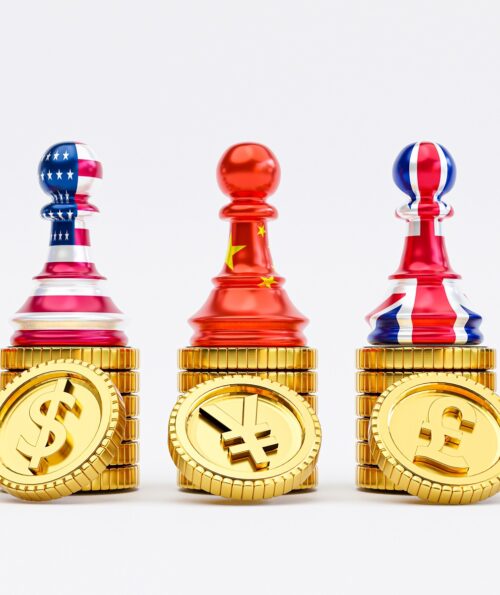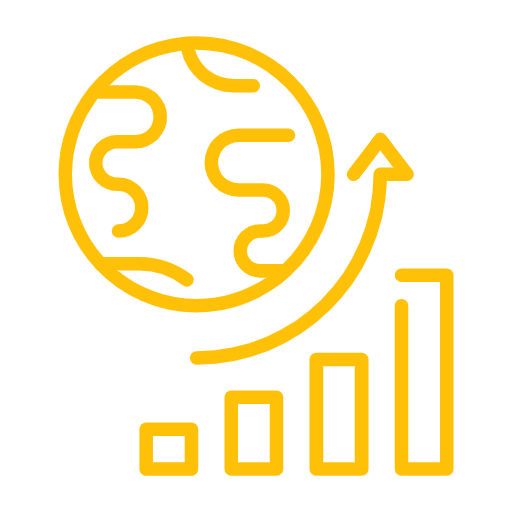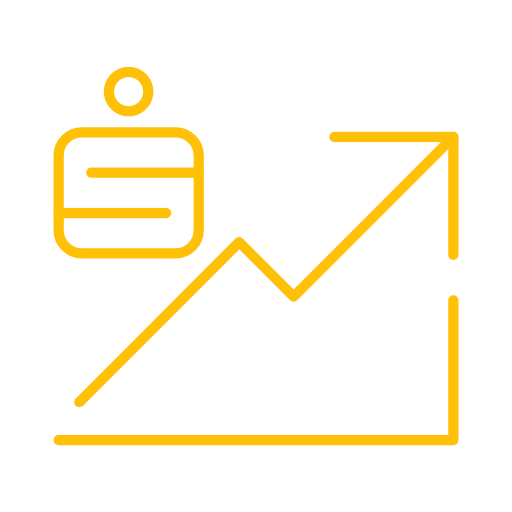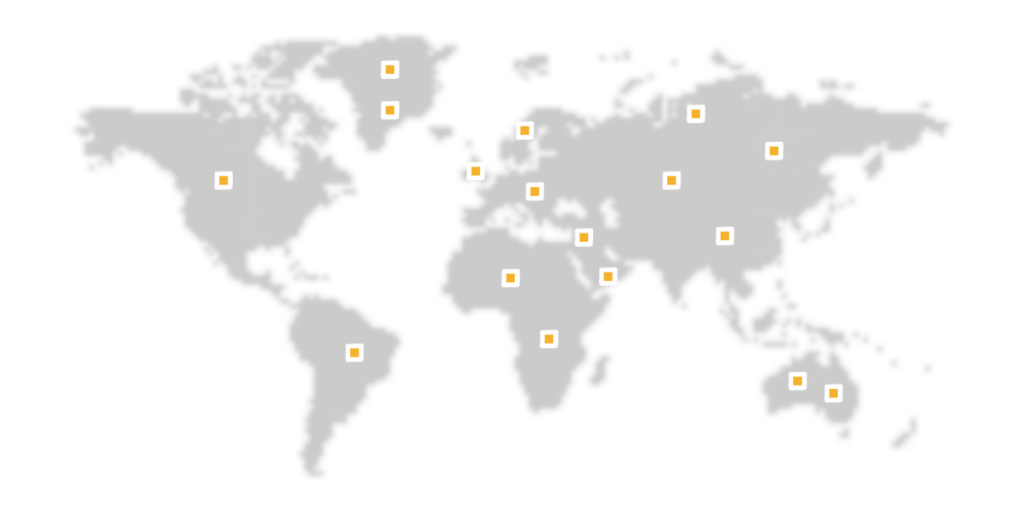Forex
What We Provides
Forex
Service For Growth
Forex, short for foreign exchange, refers to the global marketplace where currencies are traded against one another. It’s the largest and most liquid financial market in the world, with an average daily trading volume of over $6 trillion.

Currency Pairs
Forex trading entails pairs like EUR/USD, GBP/JPY, where one currency is bought and the other sold, with exchange rates reflecting their relative value.

Leverage
Forex trading utilizes leverage to manage substantial positions with limited capital, potentially magnifying gains but also heightening the possibility of losses.


Brokers
Forex brokers provide access to interbank markets via trading platforms, earning from spreads (bid-ask price differences) in currency pairs.

Trading Hours
Operating continuously five days a week, the Forex market spans the globe's key financial hubs – London, New York, Tokyo, and Sydney – enabling round-the-clock trading.
GLOBALY RENOWNED & TRUSTED
B Investor Everywhere
